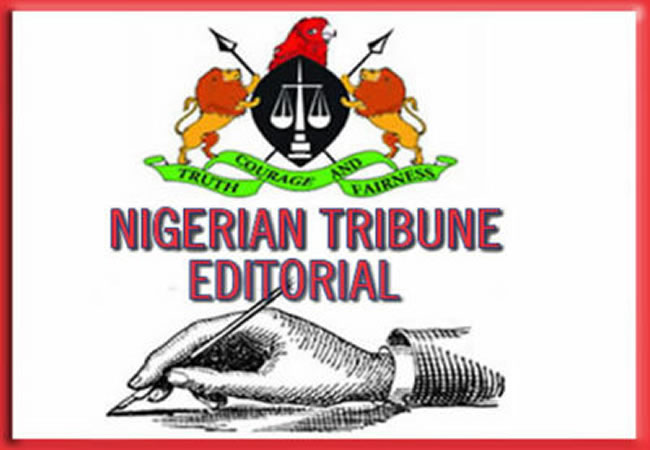FOR followers of political developments in the Caribbean country of Haiti, the world’s first black independent republic, events over the past few weeks have been rather difficult to watch. In the aftermath of total state collapse, gangs flaunting AK 47s and sundry deadly weapons have taken over more than 80 percent of Port-au-Prince, the country’s capital. Catherine M. Russell, the Executive Director of the United Nations Children Fund (UNICEF), an organisation not given to exaggeration, has likened the situation in Haiti to scenes from the apocalyptic Hollywood movie, Mad Max. Since the UNICEF head’s comments, the situation has deteriorated, as attacks by roaming gangs on neighbourhoods previously thought to be safe have left the streets littered with the corpses of the victims of their attacks. Hopes that peace would return to the beleaguered country following Prime Minister Ariel Henry’s promise to step down have been shattered.
Despite the doom and gloom, Haiti’s situation is not irretrievable, though the pill it needs to swallow could not be more bitter. Obviously, the first step to be taken is the restoration of law and order, which means that the criminal gangs currently terrorising the people and attacking government infrastructure must be cleared from the streets by superior force.
Jimmy ‘Barbecue’ Cherizier, leader of the self-styled Revolutionary Forces of the G9 Family and Allies, has attracted sympathy from certain quarters because of his revolutionary rhetoric and hardline stance against the state.
While we take his point about state corruption and agree that the country urgently needs to do what is right for its poorest citizens, we are under no illusions about what the former police officer stands for. On the contrary, we have seen and heard from his type before. Accordingly, we reject his insistence that criminal gangs who have been on a murdering spree be part of the new Haiti. If Mr. Cherizier wants to have a say in the reorganisation of the Haitian state, he should lay down his guns and encourage his criminal allies to do the same. To this end, we are encouraged by what we have been hearing from the newly empanelled Transitional Presidential Council, which has promised to “put Haiti back on the path of democratic legitimacy, stability and dignity” and “alleviate the suffering of the Haitian people, trapped for too long between bad governance, multifaceted violence, and disregard for their perspectives and needs.”
Taking a cue from the country’s difficult experience with external intervention, some analysts have insisted that the last thing Haiti needs right now is another round of intrusion by foreign powers. While the concern is legitimate, it does not engage with the question of what to do in the current situation when ordinary people are caught in a crossfire between reckless gangs. As a matter of fact, the position effectively puts power in the hands of the same gangs. Hence, we beg to differ. We encourage members of the international community, led by the United Nations (UN), and in concert with the Transitional Presidential Council, to intervene decisively in the country with a view to taking out the gangs and restoring law and order.
Not only is the kind of intervention we are proposing legitimate from the standpoint of international law, but it is also necessary to safeguard lives and property, it is the ethical thing to do.
ALSO READ: Ghana: Outrage as 63-year-old traditional priest marries 12-year-old girl
